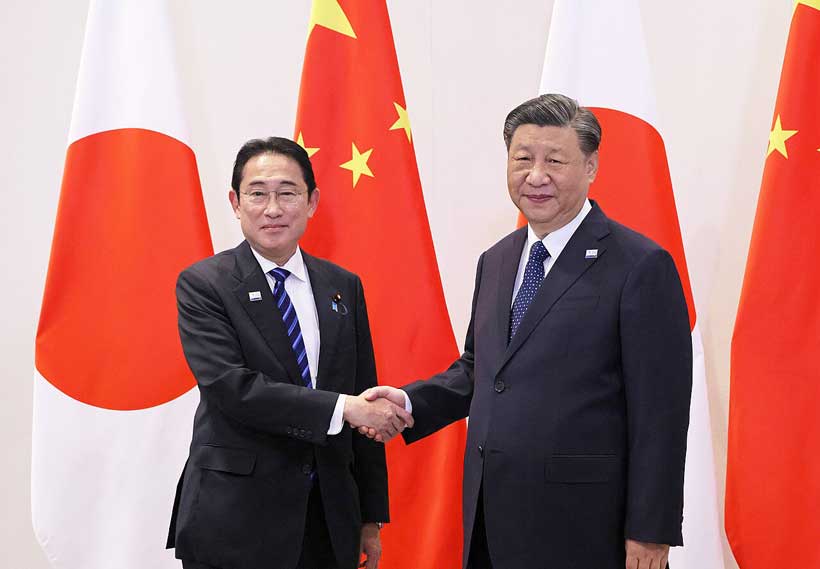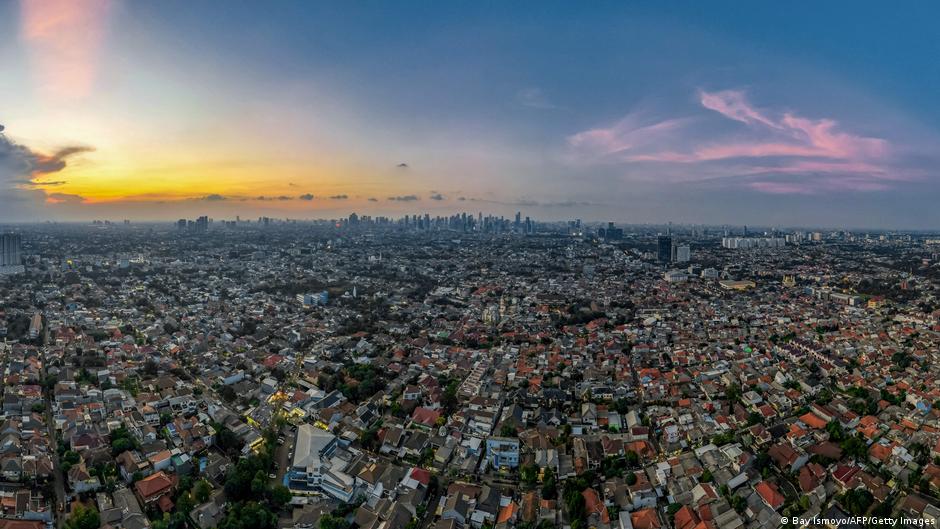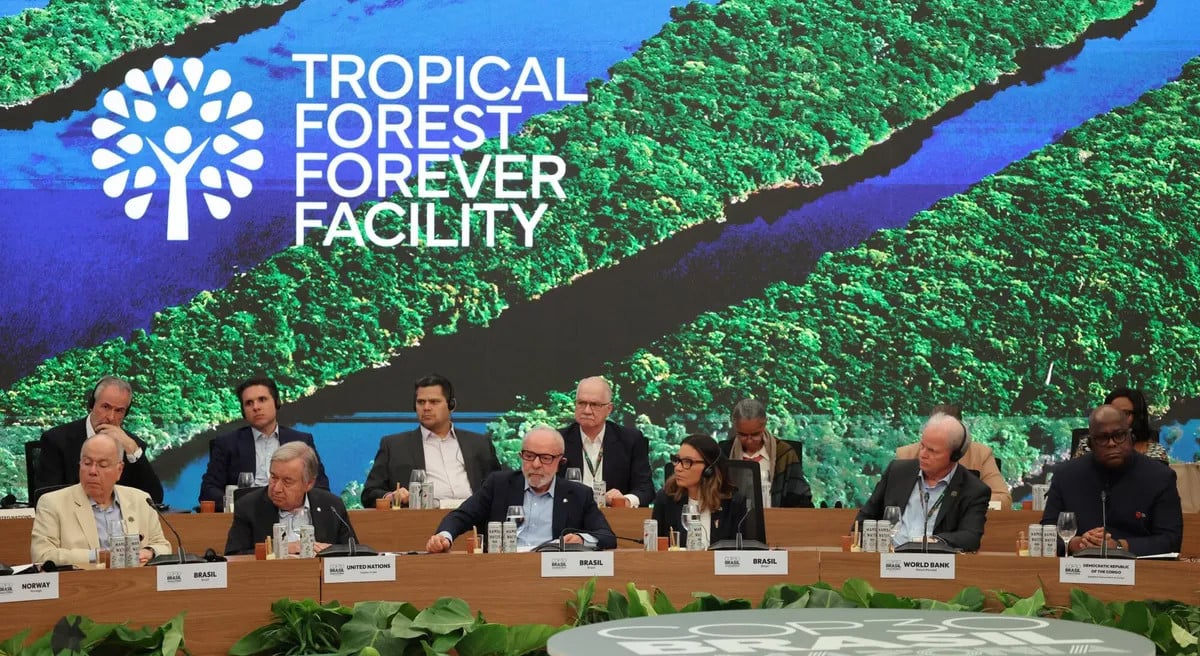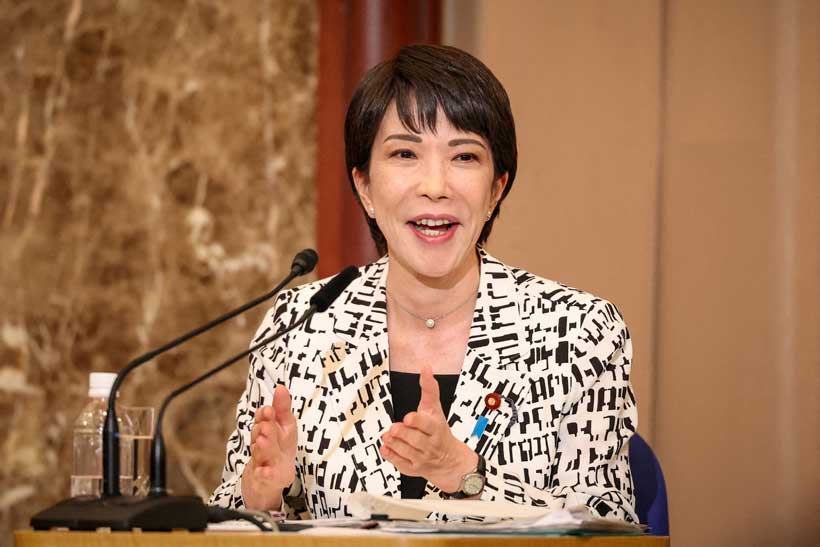This article will discuss the tensions between China and Japan that have resurfaced after the latest statement from Japanese Prime Minister Sanae Takaichi regarding Taiwan, in which she said that if China attacks Taiwan, the Japanese…
Pakistan Defence Minister Khawaja Asif has offered condolences to…




